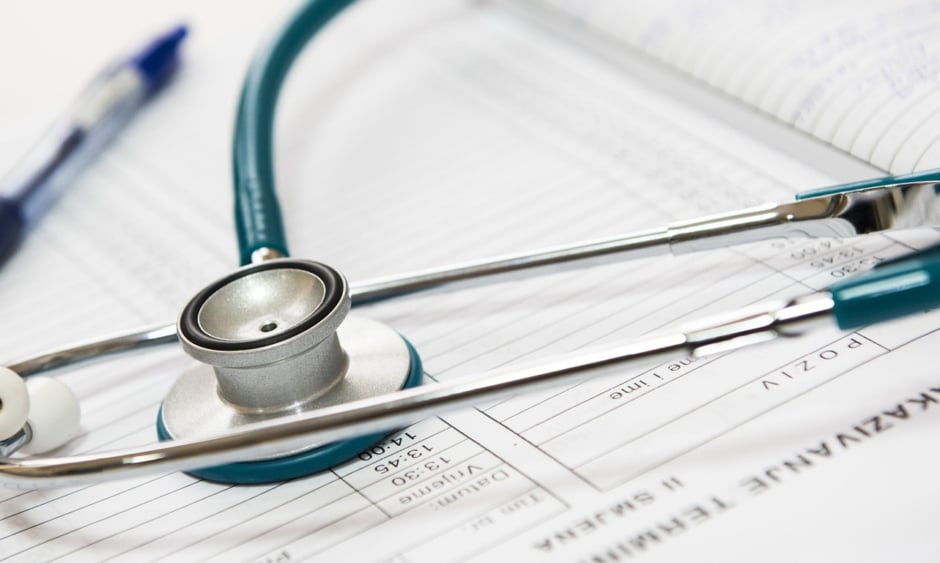COVID-19 has spread throughout the word and drastically affected everyday life and clinical practice. Although the disease infects indiscriminately, the precautions made by healthcare professionals of different fields and the various diseases amongst patients require specific attention. A recently published paper outlines key information about COVID-19 that gastroenterologists and patients with chronic digestive conditions should be aware of.
Gastroenterologists are frequently asked by their patients about the virus and any necessary precautions they may need to take. COVID-19 is of particular concern for patients with inflammatory bowel disease who may take immunosuppression drugs. According to the study, patients on immunosuppressive drugs should continue to take their medication as the risk of the disease worsening far outweighs the chance of contracting COVID-19. However, these patients in particular should follow recommended guidelines for at-risk groups such as avoiding crowds and limiting travel.
Some patients may present with gastrointestinal symptoms such as nausea and diarrhoea. The previous SARS coronavirus outbreak showcased that diarrhoea was reported in up to 25% of the patients. Investigations have revealed that the cell entry receptor ACE2, important in controlling intestinal inflammation and whose disruption may lead to diarrhoea, mediates the entry of SARS-CoV-2 and is highly expressed in small intestinal enterocytes. Frequency of diarrhoea reported amongst COVID-19 patients varies from 2–33% and was one of the prominent symptoms reported by the first case in the USA. Furthermore, SARS-CoV-2 has been detected in the stool of COVID-19 patients suggesting that while COVID-19 is primarily spready through respiratory droplets, the gastrointestinal tract may be another potential route of infection, highlighting the importance of personal protective equipment during endoscopy. Further gastrointestinal manifestation that clinicians should be aware of include liver function test abnormalities, leukopenia, leucocytosis, and elevated bilirubin levels.
Professor Ryan Ungaro, Icahn School of Medicine at Mount Sinai, New York, New York, USA, has emphasised that: “While COVID-19 is a significant global public health concern, it is important to keep its risks in perspective and stay up-to-date on current research and recommendations in order to provide our patients with the most accurate advice.”








